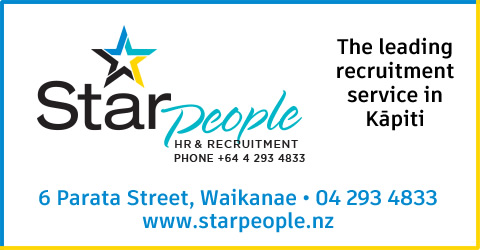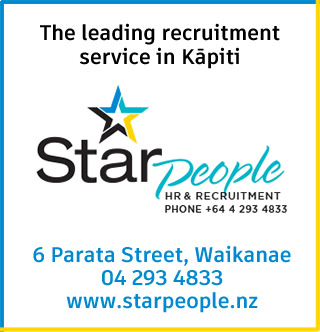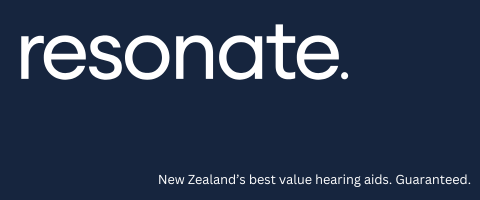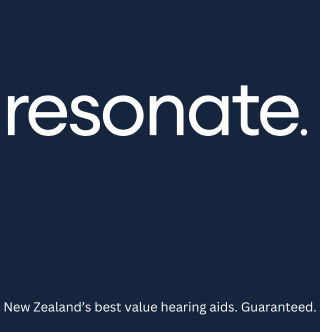
Australasia’s fastest-growing digital accountancy service, Hnry, has launched New Zealand’s first comprehensive sole trader sentiment index.
Thursday, 4 November 2021 –New Zealand’s first independent sentiment index for sole traders has revealed mental health challenges, economic hardship, and difficulty accessing credit during the last quarter, but this has not diminished overall job satisfaction for the growing sector.
The inaugural Hnry Sole Trader Pulse, aims to provide a regular index for independent earners, who make up 18 percent1 of New Zealand’s working population and includes freelancers, contractors, consultants, sole traders and the self-employed.
The report shows a startling link between negative financial performance and poor mental health over the last quarter, with those financially affected four times more likely to report their mental health as ‘poor.’ Tradies and those living in Auckland were amongst the worst affected.
The independent poll commissioned by Hnry and undertaken by Resolve Strategic, interviewed 500 sole traders and found that:
- Sole traders in Auckland were hit the hardest over the past year, likely driven by the COVID-19 lockdowns. Auckland had the highest proportion of sole traders reporting ‘poor’ or ‘very poor’ business conditions at 46%, compared with 28% in Wellington and 30% in other regions.
- Sole traders who had been financially impacted by COVID-19 were four times more likely to report ‘poor’ mental health than those whose finances were better off. Despite this, sole traders were still gaining satisfaction from their work, with 85% rating their level of personal satisfaction in running their own business to be ‘neutral’ to ‘very good’ – a very significant figure in the face of economic hardship.
- Despite constituting 18% of the working population, a significant proportion (44%) who tried to access credit during this period said they found it difficult to do so.
- Sole traders needing to engage with customers directly were most impacted by lockdowns. While contractors, freelancers and consultants could more easily work from home and continue as usual during lockdown, others – such as tradies, gig workers, and ‘face-to-face’ earners such as personal trainers and film & TV workers – often needed to travel and work on location, and therefore were impacted the most by lockdowns. Significantly, 47% of tradies said that the financial performance of their business over the last quarter (three months) was either ‘poor’ or ‘very poor’, much higher than the national average of 35%.
- Almost half (49%) reported that the COVID support from the NZ Government was adequate.
James Fuller, CEO of Hnry, says while the data shows COVID has had a significant impact on sole traders, the sector remains strong, and highlights New Zealanders’ resilience in the face of challenges.
“Independent earners are renowned for having the skill set to overcome challenges in their everyday operations, and interestingly, the pandemic has largely not dimmed the motivations for individuals to pursue earning income independently over salaried work. This highlights the freedom, work-life balance, and opportunities that working independently provides.”
Mr Fuller says the difficulty in sole traders accessing credit is a serious concern, particularly given sole traders’ growing presence as a core part of the nation’s economy.
“Every year it is estimated that over 5 million people worldwide join the self-employed sector2, and it is showing no signs of slowing down. Hnry has experienced 300% growth collectively across New Zealand and Australia over the past 12 months, and is proud to be supporting New Zealanders to not only earn independently, but also to get simpler and more efficient access to credit.”














































